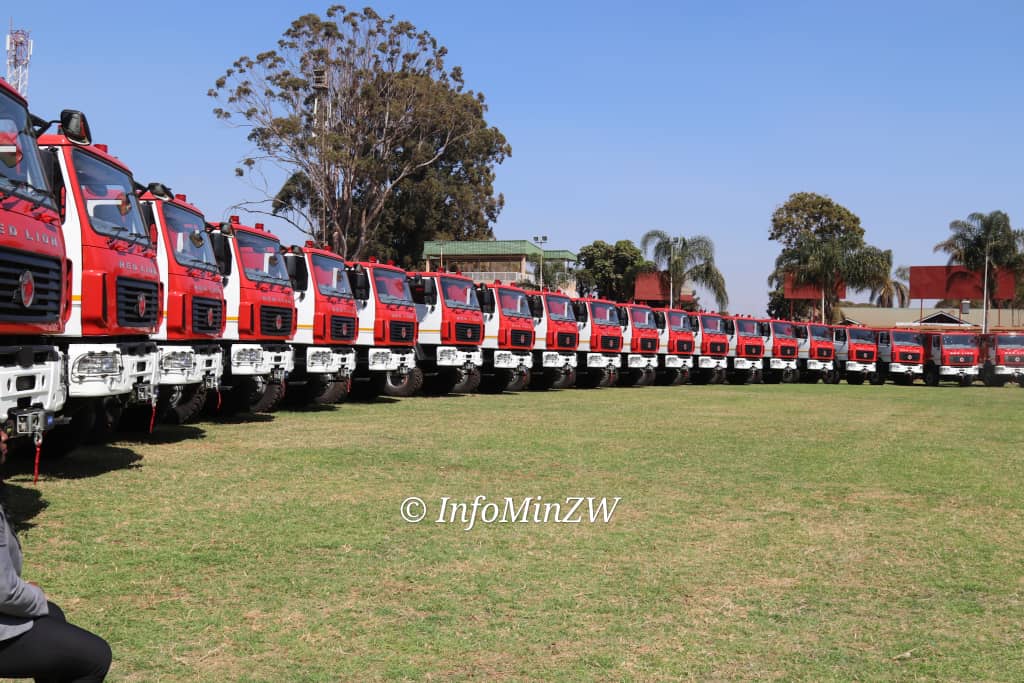Sub-Saharan Africa’s FY20 remittances slump 23%-WB
Share

Harare (New Ziana) -Sub-Saharan Africa’s Diaspora remittance flows will decline by 23.1 percent to reach $37 billion this year owing to the COVID-19 pandemic, the World Bank (WB) has said.
However, a recovery of four percent is expected in 2021.
In 2019, remittances to Sub-Saharan Africa fell by a marginal 0.5 percent to $48 billion.
“The anticipated decline can be attributed to a combination of factors driven by the coronavirus outbreak in key destinations where African migrants reside including in the European Union area, the United States, the Middle East, and China,” WB Group President David Malpass said.
These large economies host a large share of Sub-Saharan African migrants and combined, are a source of close to a quarter of total remittances sent to the region.
Sending $200 remittances to the region cost 8.9 percent on average in the first quarter of 2020. But, this was a modest decrease compared with the average cost of 9.25 percent the previous year.
“The most expensive corridors are observed mainly in the Southern African region, with costs as high as 20 percent. At the other end of the spectrum, the less expensive corridors had average costs of less than 3.6 percent,” Malpass said.
Last year, Zimbabwe received $635 million, representing a 2.6 percent rise from US$619.25 million dollars in 2018. With a Diaspora population of over 3 million, as recorded by the International Organization for Migration (IOM), remittances form a very important aspect of Zimbabwe’s social and economic livelihood.
Diaspora cash remittances are a vital source of foreign currency for the country’s economy and income for many households.
According to the apex bank, individual Diaspora remittances have contributed at least 9 percent to the country‘s foreign currency receipts in 2018 and 2019 which makes diaspora remittances a key factor in terms of forex receipts.
Malpass said remittances were a vital source of income for developing countries.
“The ongoing economic recession caused by COVID-19 is taking a severe toll on the ability to send money home and makes it all the more vital that we shorten the time to recovery for advanced economies,” he said.
“Remittances help families afford food, healthcare, and basic needs. As the World Bank Group implements fast, broad action to support countries, we are working to keep remittance channels open and safeguard the poorest communities’ access to these most basic needs.”
In addition to the impact of the pandemic, Malpass said many countries in the Eastern Africa region were experiencing a severe outbreak of desert locusts attacking crops and threatening the food supply for people in the region.
New Ziana








